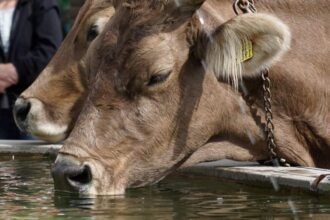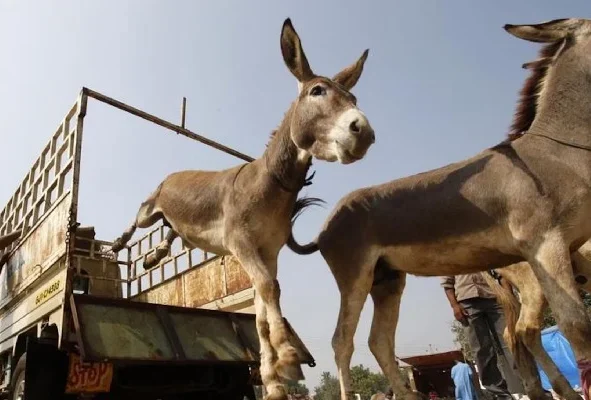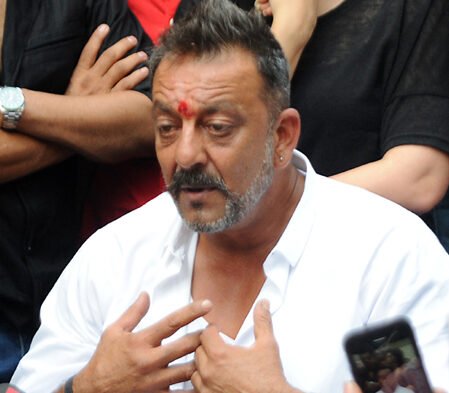GENEVA: – The UN Human Rights Committee today issued its findings on Ecuador, France, Greece, Iceland, Pakistan, and Türkiye, after examining the six States parties in its latest session.
The findings contain the Committee’s main concerns and recommendations on the implementation of the International Covenant on Civil and Political Rights, as well as positive aspects. Highlights include:
Ecuador
The Committee was deeply alarmed by Ecuador’s frequent and seemingly normalised declarations of states of emergency at local and national levels since January 2024, including using “internal armed conflict” as justification, despite relevant Constitutional Court rulings. The Committee underscored that states of emergency derogated fundamental rights enshrined in the Covenant, such as freedom of movement, freedom of association and assembly, disproportionately affecting vulnerable groups, especially Indigenous communities, those living in poverty, and migrants, refugees and asylum-seekers. The State party should limit the use of states of emergency and ensure strict respect for human rights under the Covenant. The Committee further stressed that any state of emergency measures should be temporary, strictly necessary, and subject to prompt judicial review.
The Committee noted Ecuador’s measures to strengthen the functioning of judicial units specialised in corruption-related crimes and organised crime. However, it remained concerned over reports of corruption affecting the judiciary, including allegations of bribes to judicial officials in exchange for favourable decisions, unjustified delays in proceedings and prison benefits for organised crime organisation members, leading to public distrust. The Committee was also concerned about the lack of safeguards to protect judges, prosecutors and other legal professionals from murders, threats, intimidation and attacks. It called on Ecuador to investigate all alleged corruption acts, particularly high-level corruption and corruption in the judiciary, and prosecute those responsible. The Committee called for the training of law enforcement officials, prosecutors and judges in detecting, investigating and prosecuting acts of corruption. It also asked Ecuador to continue its efforts to ensure that judges, prosecutors and other legal professionals can perform their functions safely and independently.
France
The Committee stated its concern about foreign nationals being forcibly returned at the French-Italian border without access to a proper asylum procedure, including information about their rights. The Committee was also concerned about the impact of systematic evacuations, sometimes with excessive force, of migrants’ temporary shelters on the UK-French border and slums in the French overseas territory of Mayotte, worsening the already deplorable living conditions faced by these people. The Committee called on France to ensure that the principle of non-refoulement is upheld in practice and that all those seeking international protection have access to an independent appeal mechanism that suspends removal, expulsion, and extradition procedures. It also urged France to step up its efforts to provide enough decent accommodation for and to end the mistreatment of asylum seekers and irregular migrants in border areas, particularly along the Franco-British border and in Mayotte.
The Committee was concerned about reported threats to the right to peaceful assembly as a result of increased arbitrary checks and arrests of demonstrators, as well as a rise in bans on demonstrations by authorities on the grounds of an alleged threat to public order, including recent demonstrations to support the Palestinian people. The Committee was also concerned about alleged excessive use of force in policing demonstrations and was profoundly disturbed that, since May 2024, when protests erupted in New Caledonia against the proposed change in constitutional law, some of which had turned violent and law enforcement officers had allegedly used excessive force, leading to a number of fatalities, including ten Indigenous Kanaks and two gendarmes, as well as hundreds of injuries. It urged France to respect the principles of necessity and proportionality in practice when policing demonstrations and to ensure that the use of weapons is restricted to legitimate self-defence. The Committee asked France to promptly and impartially investigate the alleged excessive use of force in New Caledonia, prosecute perpetrators, and compensate victims.
Greece
Regarding migrants, refugees and asylum seekers, the Committee stated that pushbacks at Greece’s sea and land borders violated the principle of non-refoulement. It was also concerned about alleged excessive use of force, ill-treatment, incommunicado detention, and the lack of procedural and legal guarantees during pushback operations, as well as the detention of third-country nationals in pre-removal detention centres without any tangible prospect of return. It asked Greece to cease the collective expulsion of immigrants while conducting individualised assessments of the protection available in “safe third countries”. The State party should also ensure that the non-refoulment principle is strictly enforced in practice and that all asylum seekers, regardless of how they arrived in Greece, have access to fair and efficient asylum status determination procedures and protection against non-refoulement.
Concerning human rights defenders, the Committee underlined the increasingly hostile environment towards them, particularly those working with refugees, asylum seekers, and migrants, who have been subject to smear campaigns, intimidation, harassment, and threats. The Committee called upon Greece to take appropriate measures to ensure a safe environment for human rights defenders, step up its efforts to combat and prevent all forms of violence and threats against human rights defenders, and take all measures necessary to guarantee their effective protection and ensure that they can freely carry out their work without fear of violence or reprisals.
Iceland
While noting Iceland’s strengthened asylum system and rising asylum claims, the Committee remained concerned about a significant backlog in processing applications and alleged shortcomings in legal assistance for asylum seekers. The Committee was also concerned about the amendments to the Foreign Nationals Act in 2023 that limit basic support for rejected applicants for international protection to 30 days, as well as alleged failings to ensure respect for the principle of non-refoulement. It recommended that Iceland take measures to clear the backlog, ensure that all asylum-seekers have access to effective legal assistance, and consider revising the recent legal amendment affecting basic assistance. It also asked the State party to respect the non-refoulement principle.
While welcoming Iceland’s steps to combat trafficking in persons, the Committee was, however, concerned about reports that migrant workers, particularly those in construction, tourism, and domestic service, are vulnerable to trafficking for labour exploitation and that women and children are vulnerable to trafficking for sexual exploitation. It called on the State party to ensure that all cases of trafficking are thoroughly investigated, that those found guilty are punished accordingly and that victims have access to effective remedies and assistance. The Committee also recommended that Iceland strengthen the labour inspectorate and enhance the monitoring of recruitment agencies.






 Today's E-Paper
Today's E-Paper